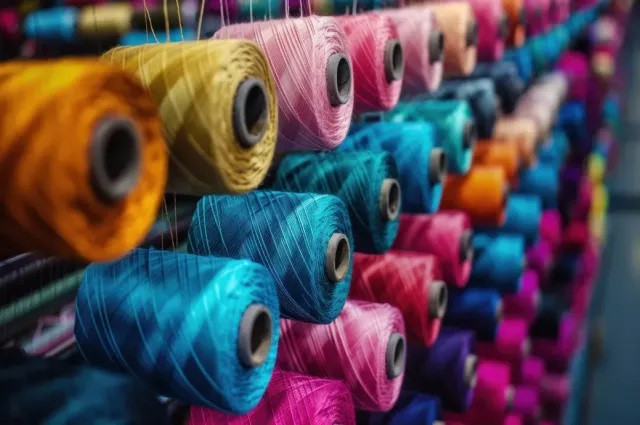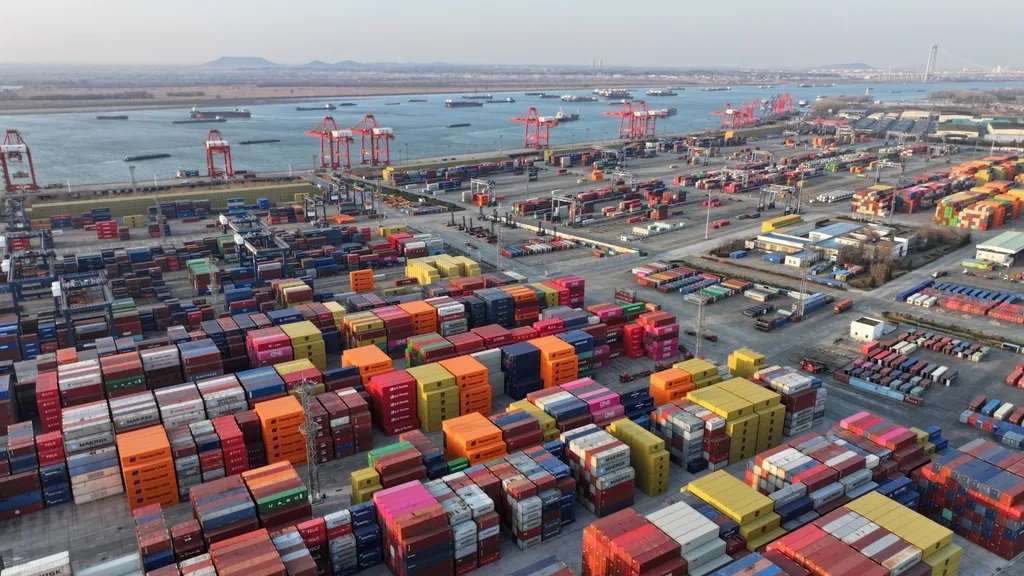
In a landmark development, Bangladesh has been granted 100 per cent duty-free access to the Chinese market for all products, from December 1, 2024. The landmark agreement, secured during Prime Minister Sheikh Hasina's visit to Beijing, announced now by the Chinese government as part of its commitment to Least Developed Countries (LDCs), is expected to have a transformative impact on Bangladesh's textile and apparel industry, the country's economic backbone.
As per Ahsan H Mansur, Executive Director, Policy Research Institute of Bangladesh, this is a game-changer for Bangladesh's textile and apparel industry. It has the potential to transform the sector and accelerate the country's economic development. However, it is crucial for the industry to focus on quality, compliance, and value addition to sustain its competitive edge in the Chinese market.
Sectoral significance
The textile and apparel industry accounts for over 80 per cent of Bangladesh's total exports. The duty-free access to China, the world's second-largest economy, opens massive market with immense potential for growth. Moreover China, the world's largest apparel consumer, presents a lucrative opportunity for Bangladesh's textile and apparel sector. Tariffs removal on all Bangladeshi products is expected to significantly boost exports to China.
Table: Bangladesh-China apparel trade
|
Metric |
Value |
|
Bangladesh's RMG Exports |
$46.8 billion (FY23) |
|
RMG Exports to China |
$676 million (FY23) |
|
China's Apparel Imports |
$120 billion (2023) |
|
Bangladesh's GDP |
$416 billion (2022) |
|
Textile & Apparel Share |
11% of GDP |
|
Employment in the Sector |
Over 4 million people |
With this move experts anticipate a significant rise in exports to China, with estimations of 20 to 50 per cent growth in coming years. And tariff removal will make Bangladeshi products more price-competitive in the Chinese market, enabling them to compete effectively with other major exporters like Vietnam and Cambodia. Duty-free access will also encourage Bangladeshi manufacturers to diversify their product range and explore new segments within the Chinese market. Also, increased demand from China is likely to attract further investments in the textile and apparel sector, leading to job creation and economic development. As Faruque Hassan, President, Bangladesh Garment Manufacturers and Exporters Association (BGMEA) says "This is a momentous occasion for Bangladesh. Duty-free access to China will open up immense opportunities for our industry. We are confident that we can meet the challenges and leverage this access to achieve significant growth."
Compliance, quality still an issue
While the duty-free access presents a major opportunity, Bangladesh's textile and apparel industry needs to address certain challenges to fully capitalize on it. One major factor is compliance and quality. Meeting stringent Chinese quality and compliance standards will be critical to maintain access to the market. Upgrading infrastructure and streamlining logistics will be also be essential to ensure timely and efficient delivery of goods to China. Moreover, moving up the value chain by focusing on high-value and specialized products will help increase profit margins and competitiveness.
Meanwhile, the Bangladeshi government has already taken several steps to support the textile and apparel industry in leveraging this opportunity.
It is investing in skill development programs to enhance the workforce's capabilities. Infrastructure investments have also got a push with the ports, roads and transportation networks being upgraded to facilitate trade. Custom procedures and bureaucratic hurdles are also being streamlined.
Indeed Bangladesh's duty-free access to China marks a significant turning point for the nation's textile and apparel industry. While challenges remain, the potential rewards are substantial. With strategic planning and focused execution, Bangladesh can capitalize on this opportunity to expand its market reach, boost exports, and strengthen its position as a global apparel powerhouse.












